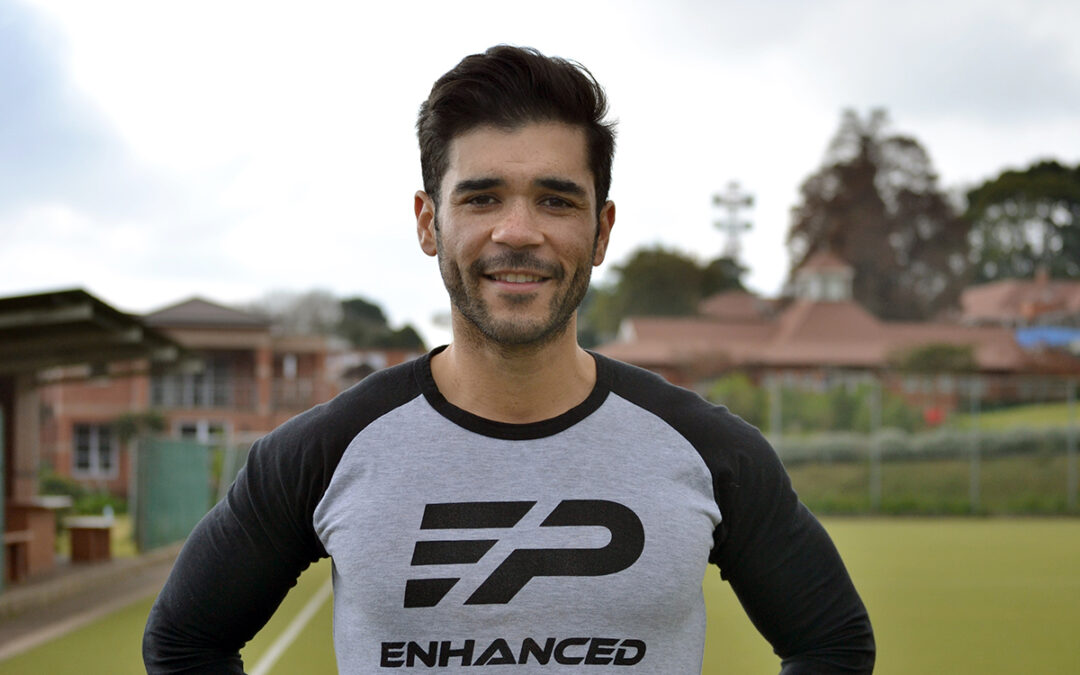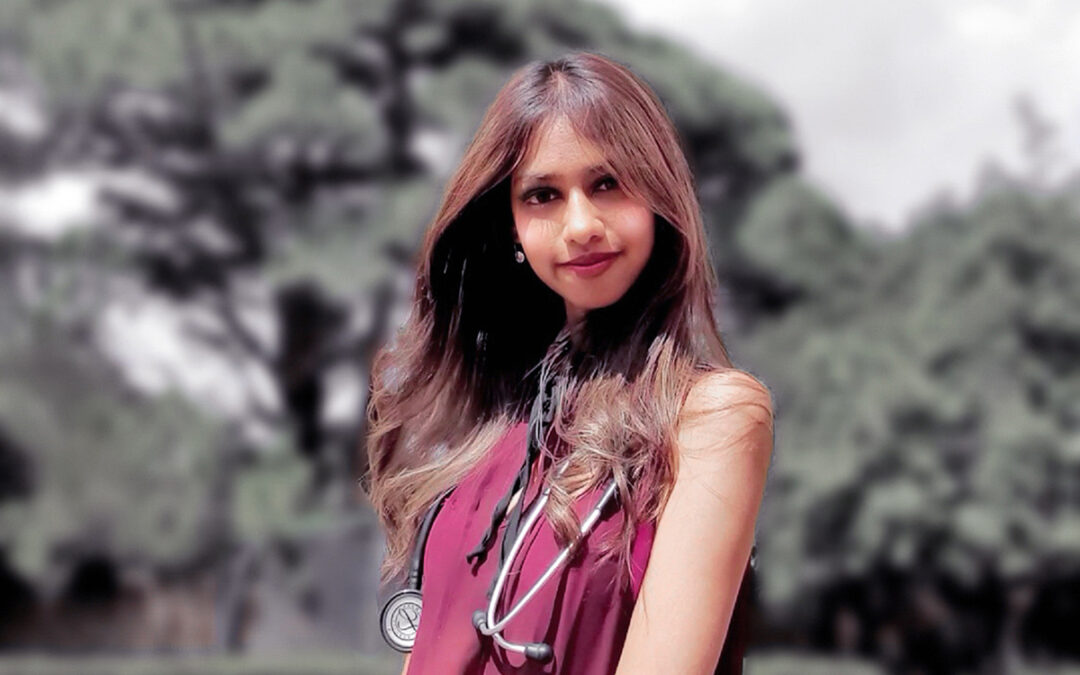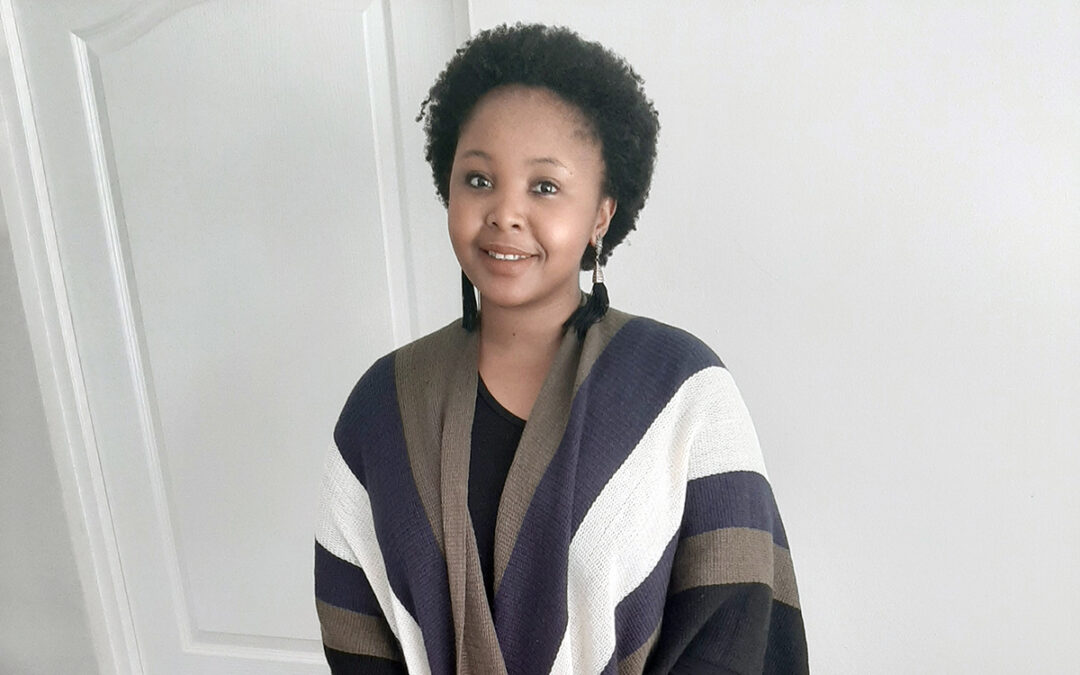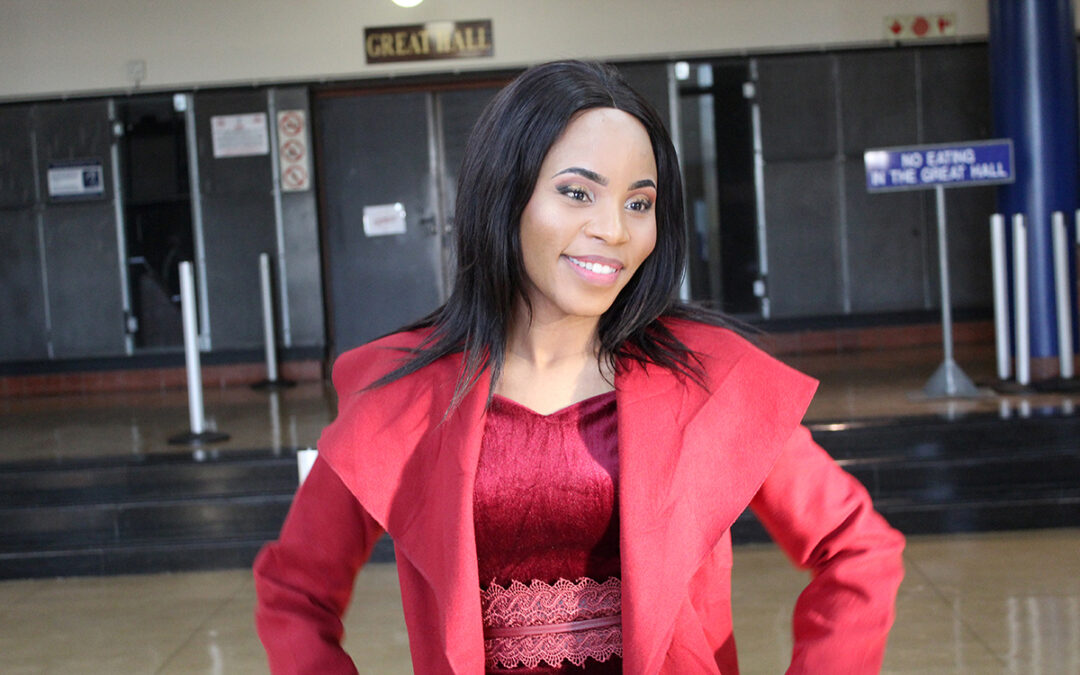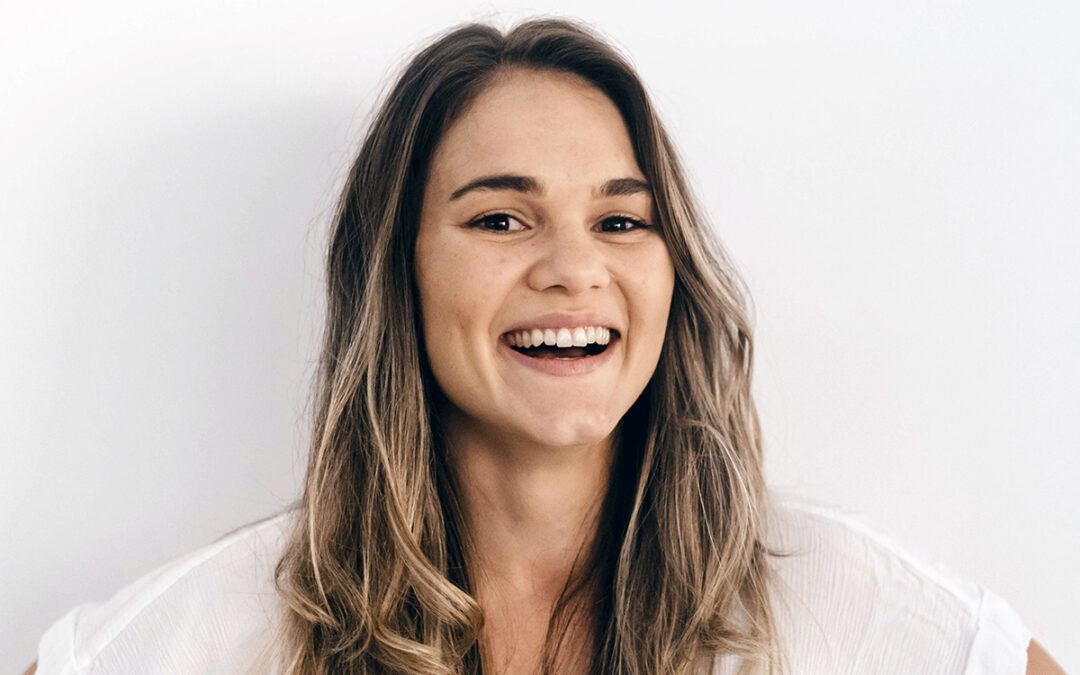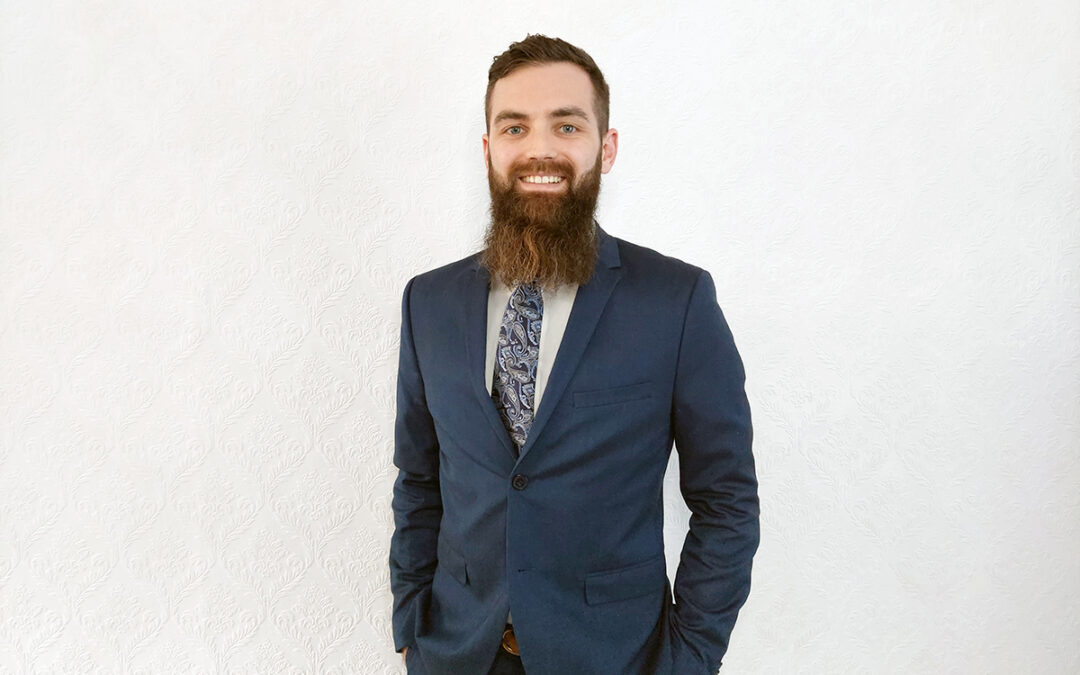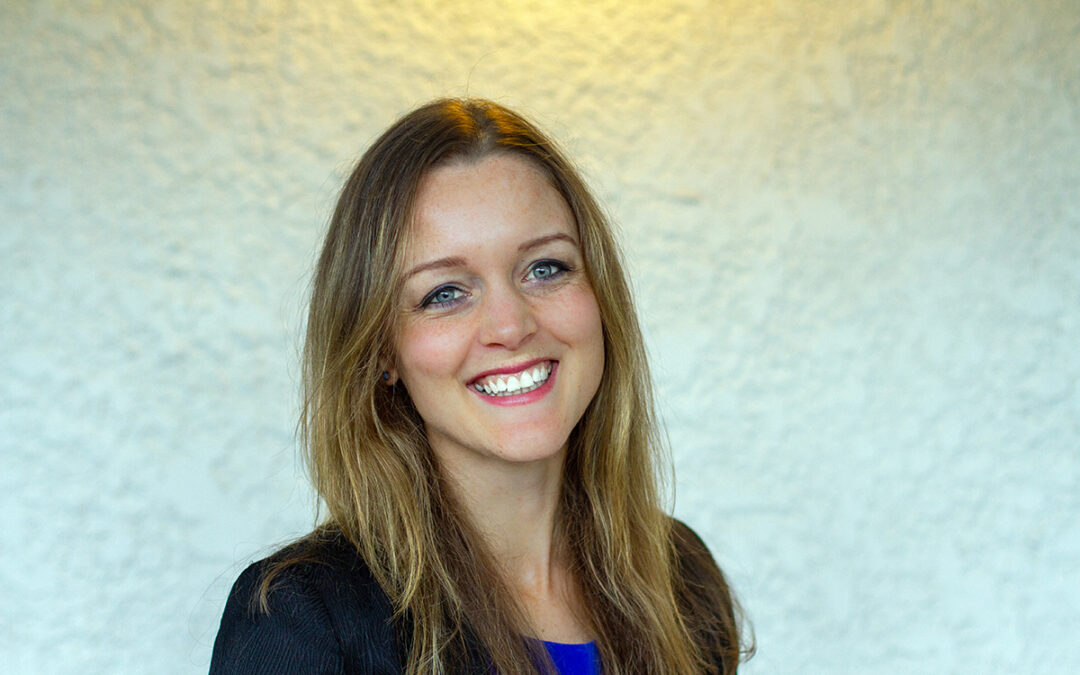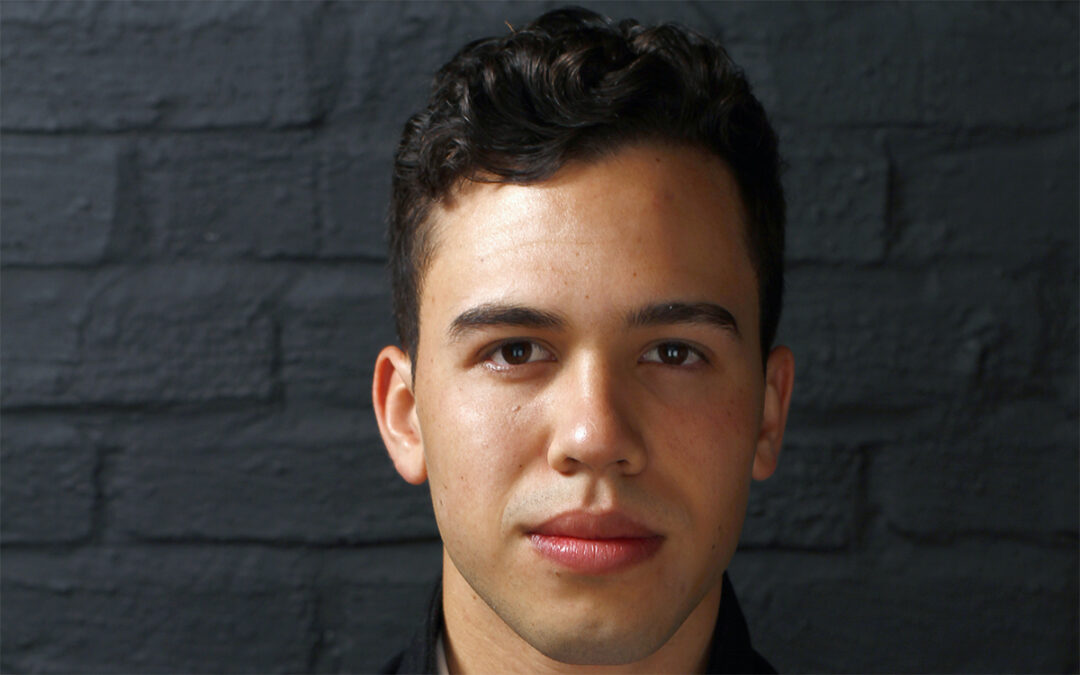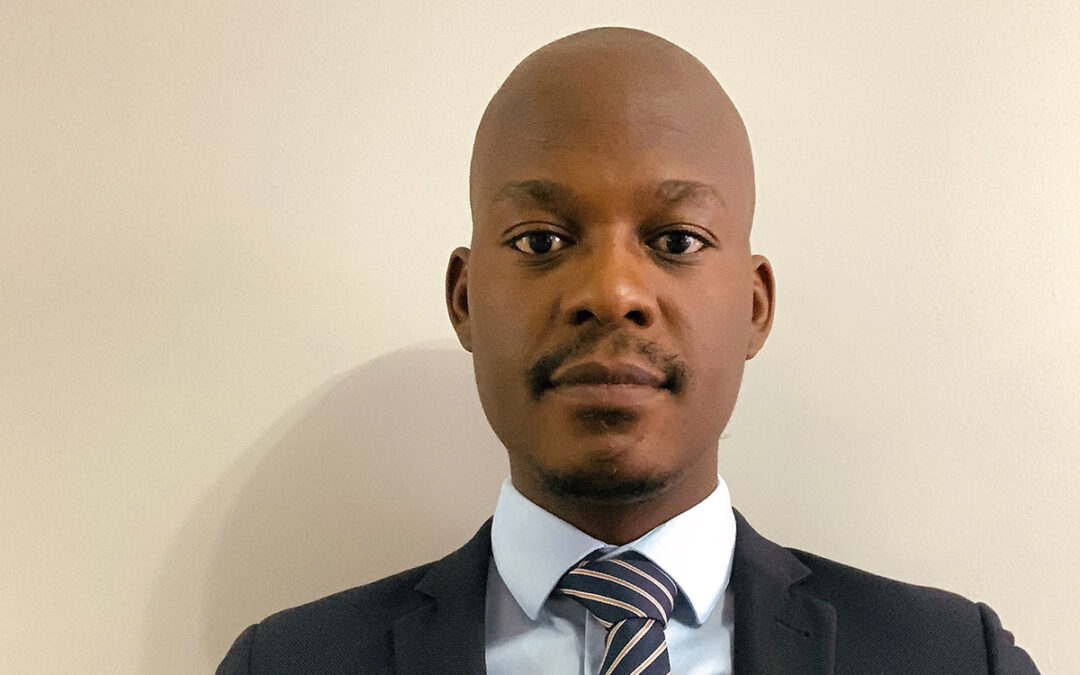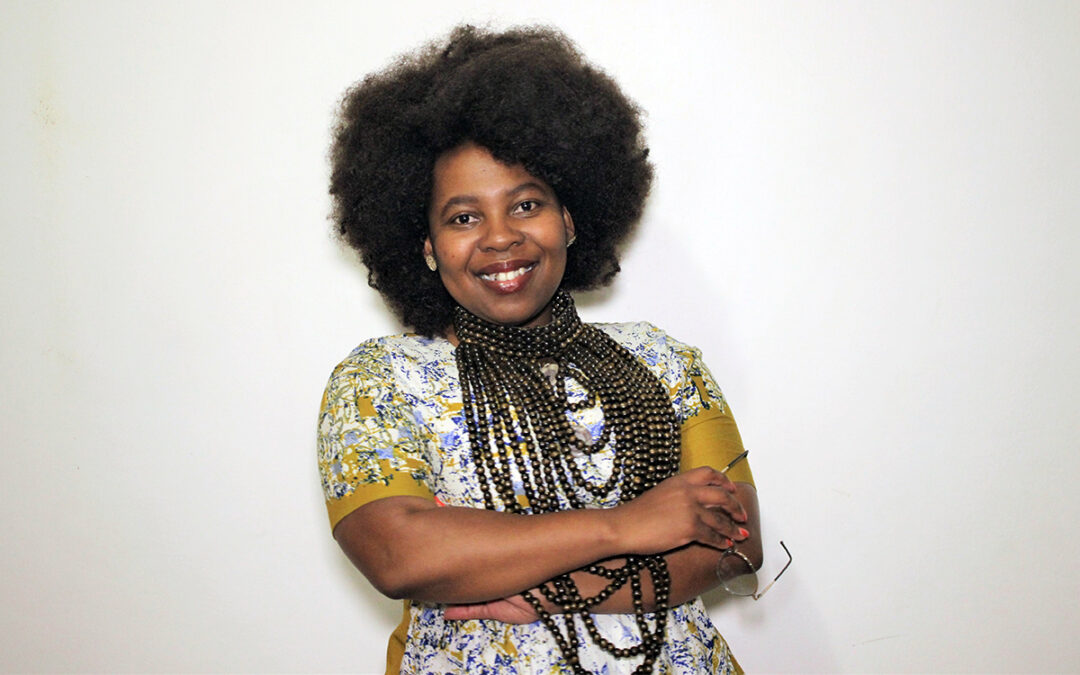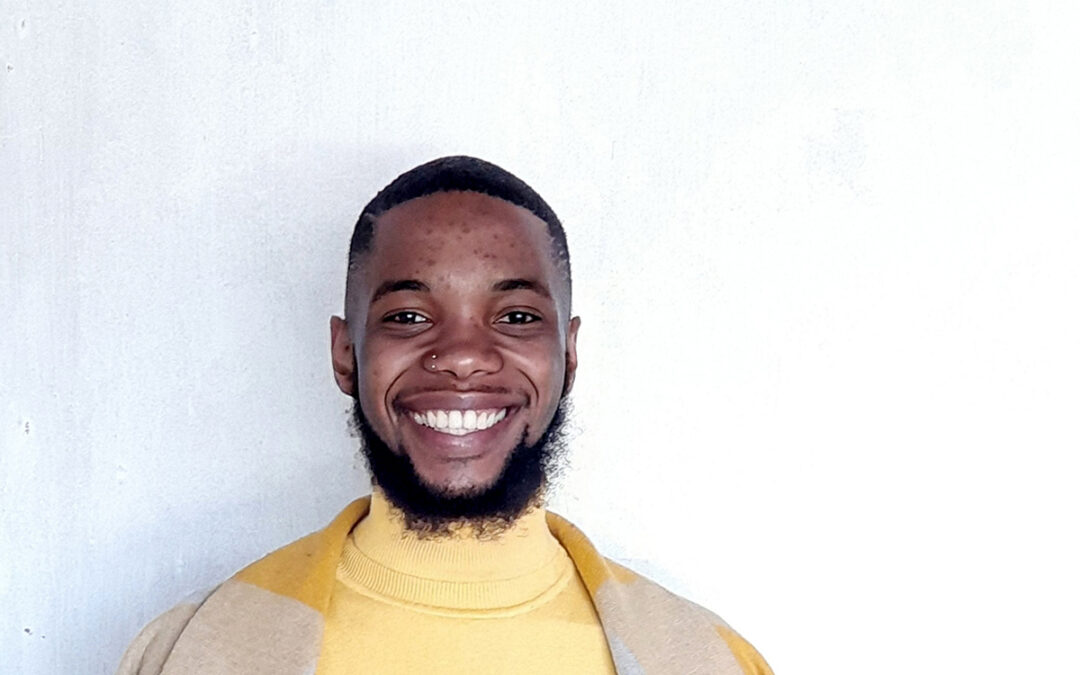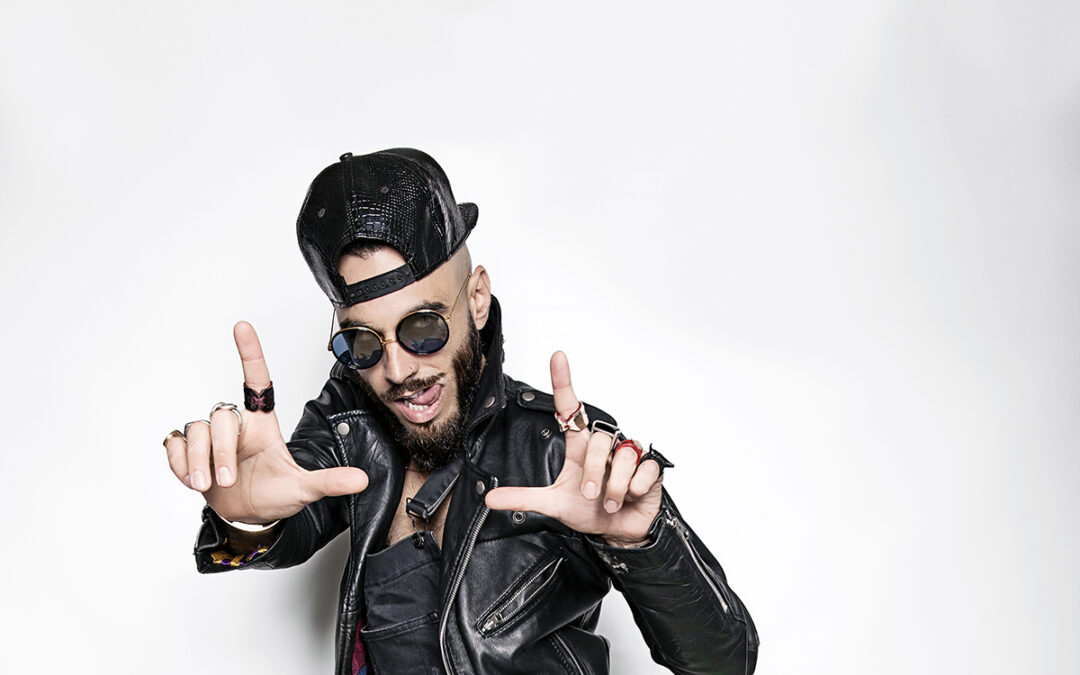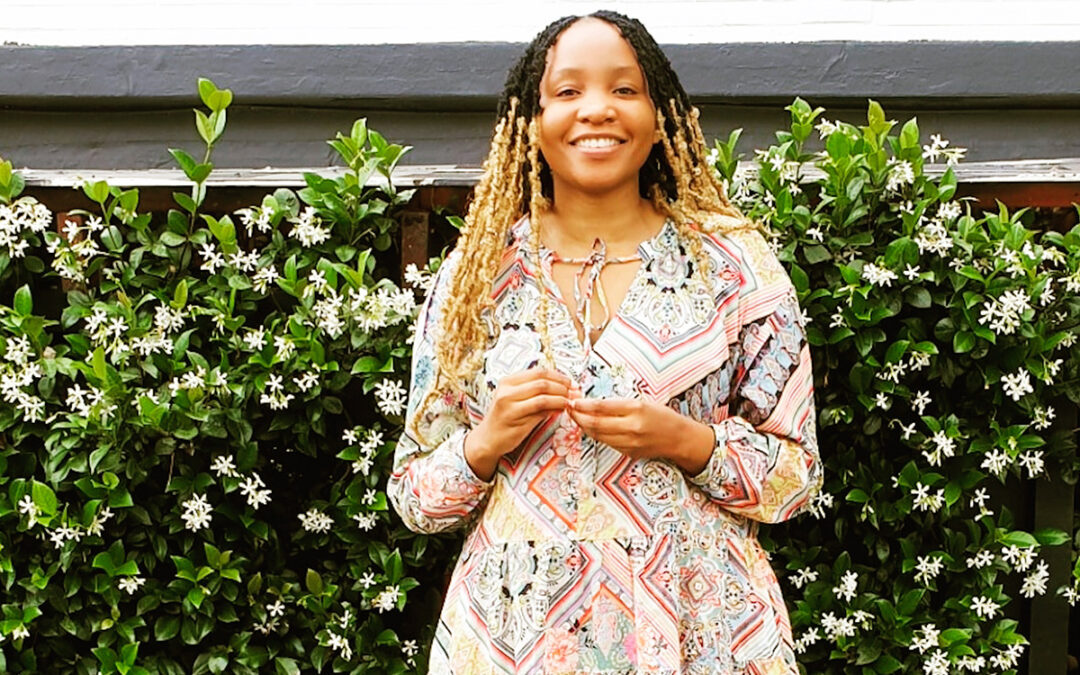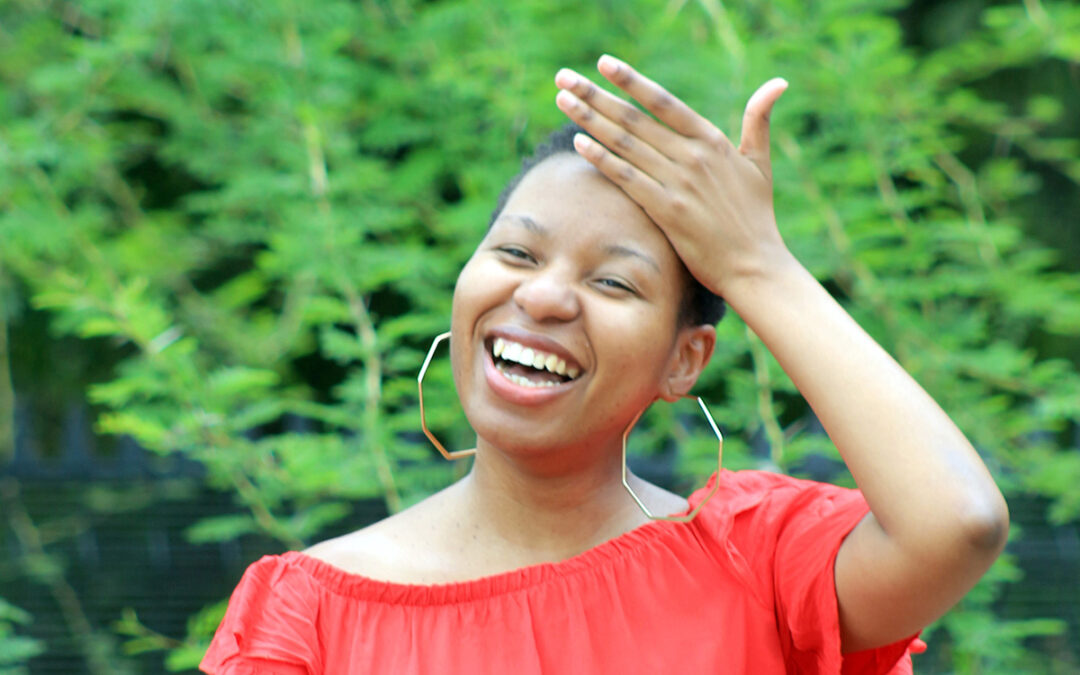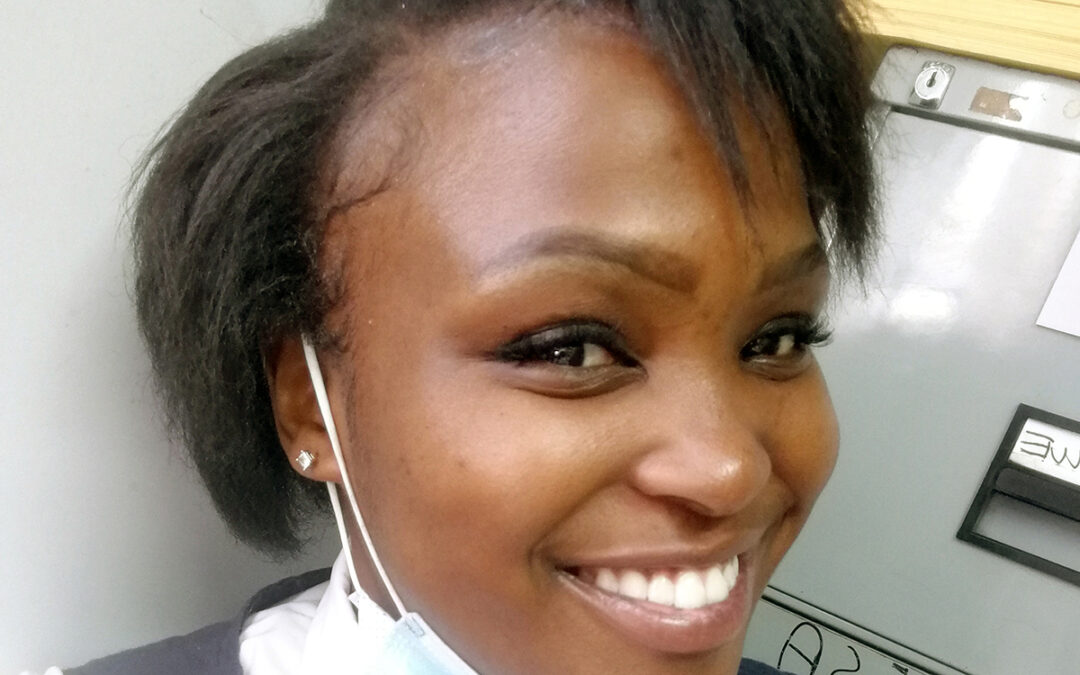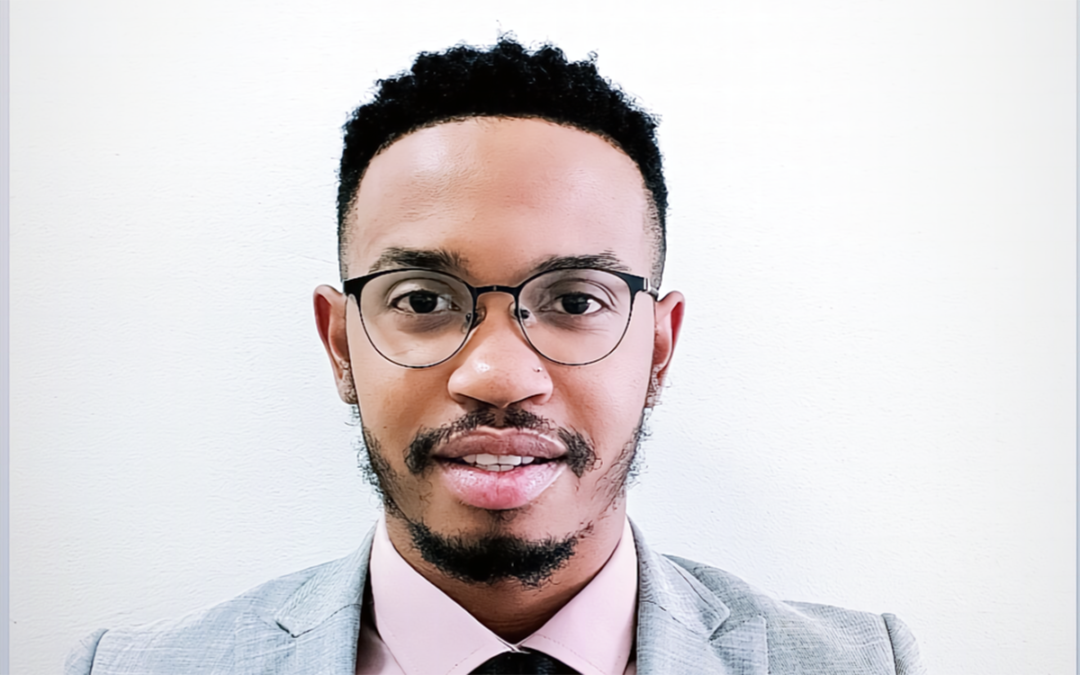Zolani Metu is the founder and director of Decolonial Mental Health (DMH). Established after Metu completed his master’s in social work at the University of Cape Town, DMH provides Afro-inspired solutions to psychosocial challenges in South Africa. Metu distinguishes DMH by offering counselling that’s queer-friendly and relatable. “To date, we have served over 1 000 clients through one of South Africa’s major insurance companies,” he says. His proudest moment came two years ago, when he presented the DMH model of mental health consultancy at the World Congress on Public Health, Epidemiology and Nutrition, and at the Africa Forum at Georgetown University. These opportunities were key for DMH’s development. Outside of his organisation, Metu also works as a senior manager for the Jakes Gerwel Fellowship, a university scholarship that provides mentoring and leadership development. “I help in the development of educational entrepreneurs, educational leaders and expert teachers,” he says.
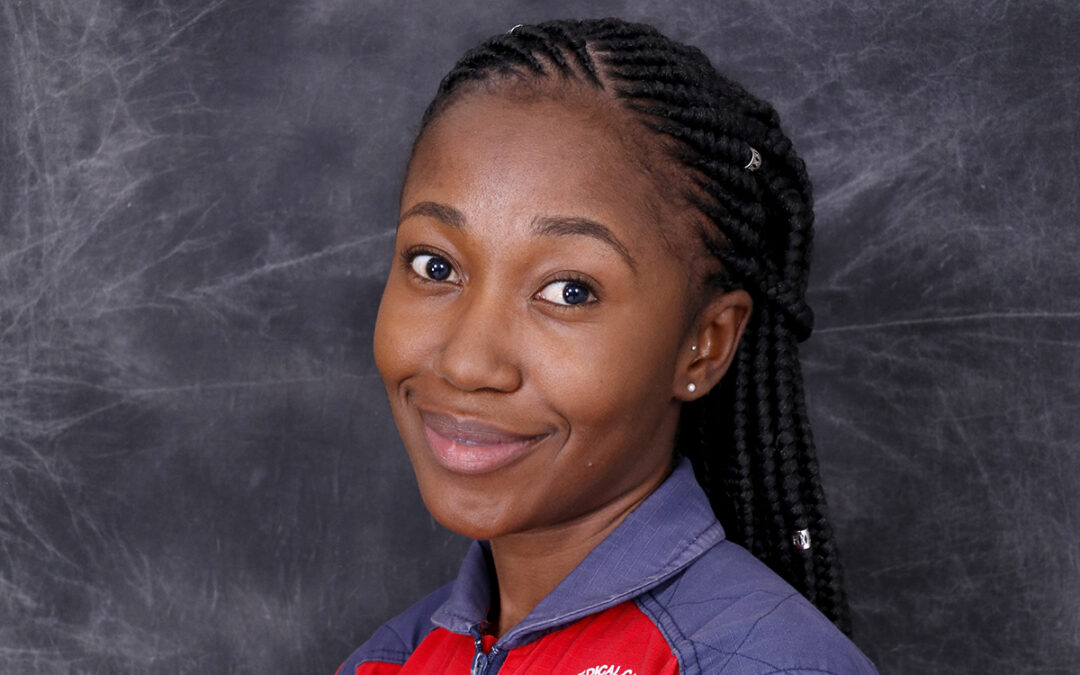
Nelisiwe Mzili, 26
Nelisiwe Mzili, a paramedic and first responder to car accidents and other emergencies, says that she’s driven to excel by the honour and the responsibility that she has been given to care for other human beings. The necessary and difficult work undertaken by Mzili saves lives and is a vital part of our health system. The dedication she has for her work is apparent when she reveals her proudest moment is qualifying as a paramedic and finally getting to be a first responder on a scene to treat a patient in need. She considers her biggest mistake to be not doing her best in matric. The advice she would give herself 10 years ago is “to not doubt myself and do more research on becoming a paramedic because dreams do become a reality”. Mzili hopes to inspire young people to drive change by helping to preserve life.
I feel strongly that if one nurtures a positive attitude and enthusiasm towards problem solving then one will have the potential to succeed in any domain.

